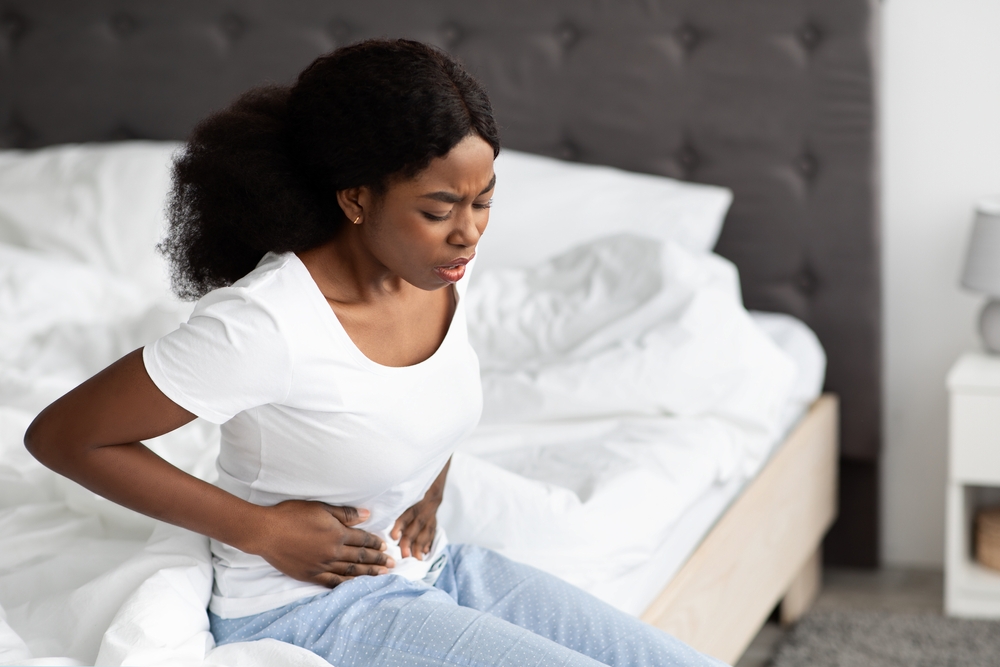
Endometriosis is a condition that can be challenging to deal with. It usually affects women in their 20s to 40s. It occurs when the endometrial tissue that lines the womb appears outside the womb. The condition can be painful and complicated. If untreated, it can be chronic or long-lasting. Getting treatment can provide physical and emotional relief.
Consult a Specialist
If you suffer from endometriosis, you should not hesitate to seek professional help. A medical professional can prescribe medications to manage your condition. Studies show that pain medications, such as nonsteroidal anti-inflammatory drugs, can help. Patients can take medications alongside other remedies. If you experience severe pain or symptoms persist, talk to a specialist about hormone therapy treatment.
Watch What You Eat
Your diet can have an impact on endometriosis pain. Studies show that fried and processed foods can worsen the severity of the symptoms. Avoid caffeine and fast foods and instead choose fibrous, iron-rich, and antioxidant-rich foods.
Consume foods rich in essential fatty acids, such as salmon, sardines, walnuts, chia seeds, and flax seeds. Alcohol consumption can worsen endometriosis pain. Remember to stay hydrated to reduce constipation and cramping.
Get Adequate Exercise
Most women prefer to remain still or avoid any form of exercise when they are experiencing endometriosis pain. Unfortunately, this only exacerbates the symptoms. Exercise can help to reduce endometriosis pain.
Going on walks or for a bike ride can provide relief. You can also perform pelvic-friendly exercises to relieve symptoms. A health specialist can recommend exercises to help relieve your pain.
Get Enough Quality Sleep
Studies show that lack of sleep can worsen pain. Chronic pain causes the body to work harder to function optimally. Try to get as much sleep as possible by establishing a good bedtime routine. Keep your bedroom comfortable and clutter-free, and give yourself time to wind down before bed. Set a regular wake-up time and avoid napping during the day. Avoid stimulants, such as alcohol, nicotine, and caffeine before bed.
Get Physical Therapy
A visit to a physiotherapist can help to manage endometriosis pain. Physical therapy can be helpful, especially if you have scar tissue or adhesions from surgery. Pelvic floor exercises can help to soften and relieve some of the pressure you may be experiencing. An endometriosis specialist can provide more information on physiotherapy.
Stay Connected
Most people do not know or talk about endometriosis. Most people do not acknowledge the pain. It can make it a very lonely condition. Staying connected to others can help to provide emotional support. Talk to friends or family members and let them know how endometriosis is affecting your life. You can also find online support groups where you can connect with people with the same condition.
Endometriosis affects women differently, and there is no guaranteed treatment plan for everyone. Following treatment strategies, getting acupuncture, and making lifestyle changes can make the condition manageable. You can use heating pads or a TENS machine to relieve the symptoms. Taking a warm bath can help relax your muscles, easing cramping pain.
For more on managing endometriosis pain and tips for a better quality of life, visit Katie Ostrom MD, LLC, at our office in Homer, Alaska. Call (907) 435-0555 to book an appointment today.








